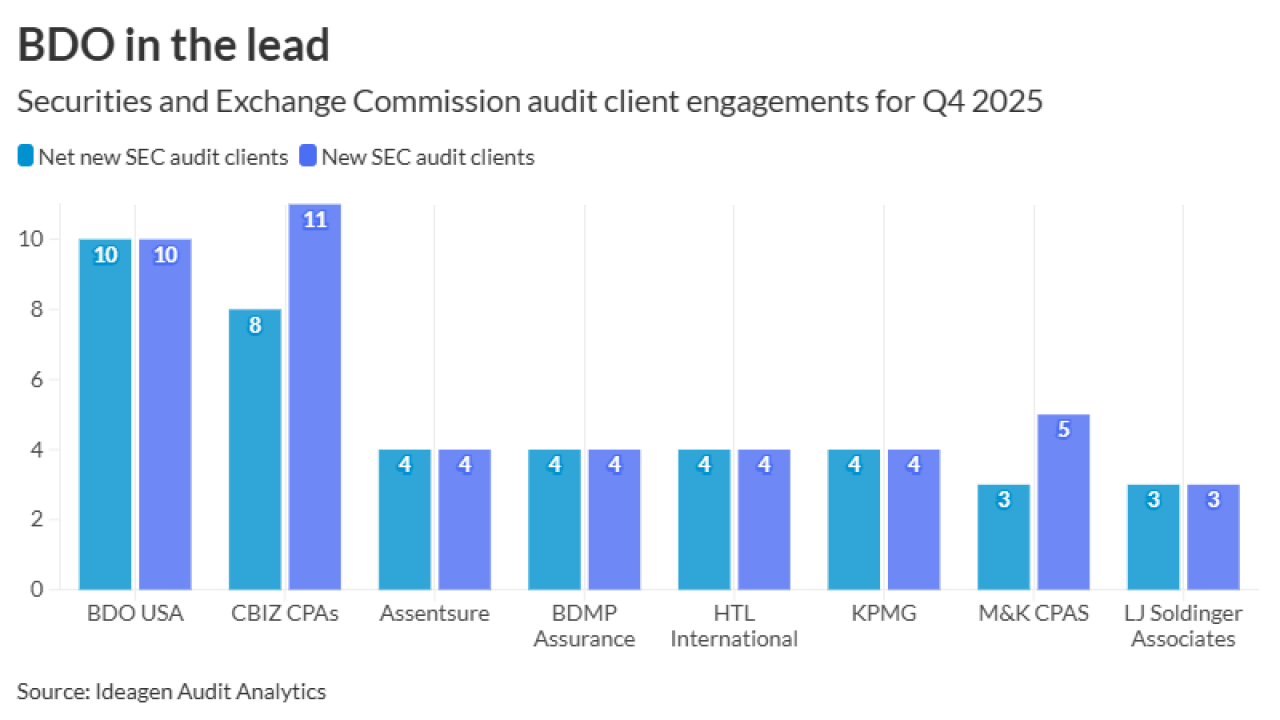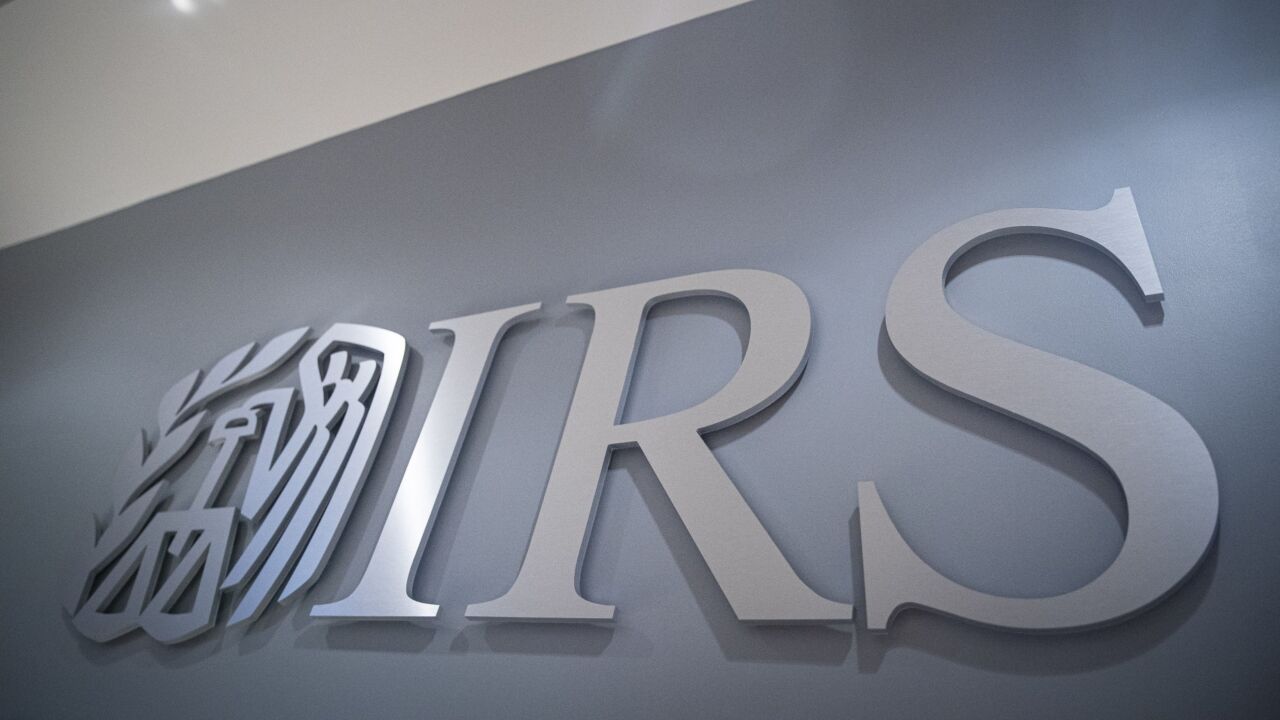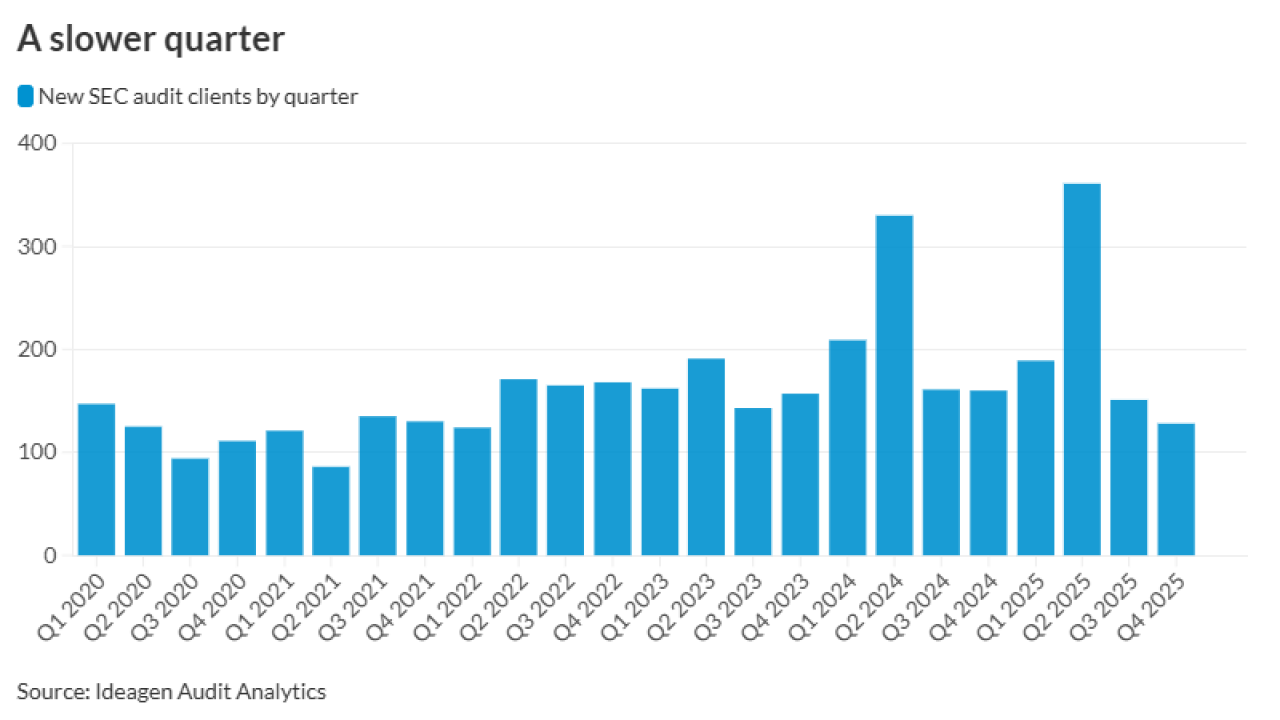The Labor Department has decided to delay and reconsider a proposal to expand its definition of the term “fiduciary.”
The U.S. Department of Labor’s Employee Benefits Security Administration said Monday that it would re-propose its rule on the definition of a fiduciary. The rule would have made investment advisors more accountable for the retirement planning advice they gave to businesses and employees. The agency said the decision to re-propose the rule was in keeping with President Obama’s executive order in January to ensure an open exchange of views in crafting regulations and protect consumers while avoiding unjustified costs and burdens in new regulations.
“We have said all along that we will take the time to get this right to ensure that we provide the strongest possible protections to business owners and retirement savers in plans and IRAs,” said EBSA Assistant Secretary Phyllis C. Borzi in a statement. “Investment advisers shouldn't be able to steer retirees, workers, small businesses and others into investments that benefit the advisers at the expense of their clients. The consumer's retirement security must come first.”
Various industry groups, including the American Institute of CPAs and other organizations such as the Financial Services Roundtable, as well as members of Congress, had expressed concerns about the proposed rule change. The AICPA sent a comment letter and testified against the proposed changes. The Institute pointed out that many CPAs perform business valuation services for employee benefit plans and the proposed change would be incompatible with the Internal Revenue Service’s requirements for an independent appraisal of employer securities. It would also increase the cost of valuations for employee stock ownership plans and restrict the number of specialists willing to do valuations of ESOPs.
Rep. Carolyn McCarthy, D-N.Y., who has been arguing against the rule change, decided Monday to pull a resolution that she had been planning to introduce in Congress asking the Labor Department to delay and reconsider its proposal to expand the definition of “fiduciary.” She argued that the rule change would have made it more difficult for consumers to get accessible and affordable investment advice and harm New York’s investment advisory industry.
The Labor Department agency said it anticipates revising various provisions of the rule, such as clarifying that fiduciary advice is limited to individualized advice directed to specific parties, in response to concerns about the application of the regulation to routine appraisals. The Employee Benefits Security Administration also plans to clarify the limits of the rule’s application to arm’s length commercial transactions, such as swap transactions.
The EBSA also anticipates including exemptions in the rule to address concerns about the impact of the new regulation on the current fee practices of brokers and advisers, and to clarify the continued applicability of exemptions that have long been in existence that allow brokers to receive commissions in connection with mutual funds, stocks and insurance products. The agency plans to carefully craft new or amended exemptions to preserve beneficial fee practices, while at the same time protecting plan participants and individual retirement account owners from abusive practices and conflicted advice.
The purpose of the rule change was to amend a 1975 regulation that defines when a person who provides investment advice becomes a fiduciary under the Employee Retirement Income Security Act, in order to adapt the rule to the current retirement marketplace. The proposal’s goal is to ensure that potential conflicts of interest among advisers are not allowed to compromise the quality of investment advice provided to workers.





